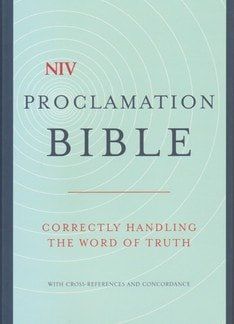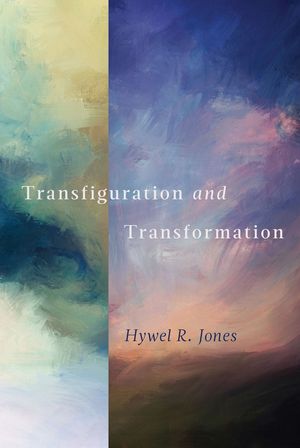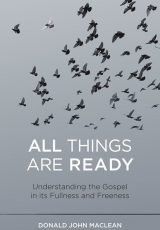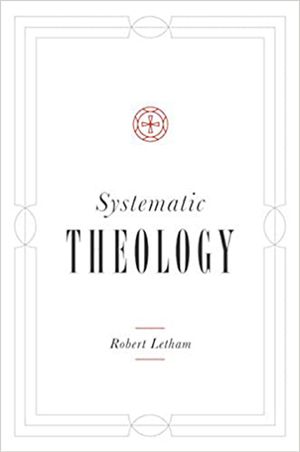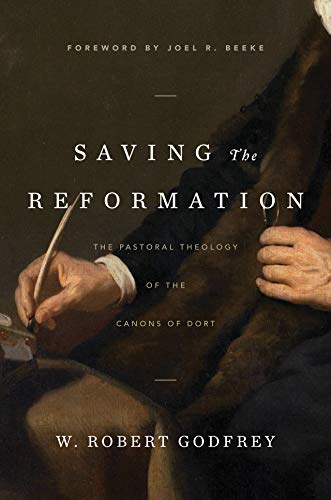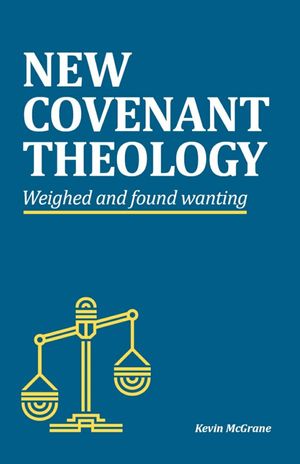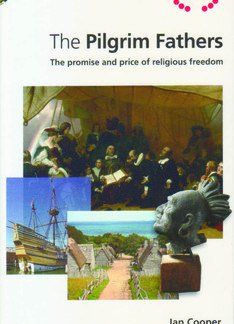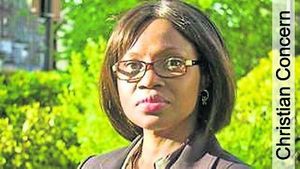The dust jacket of this NIV Bible asserts that this is ‘the clearest and most accurate modern English Bible translation’. It has the recently updated 2011 text. However, it was believed by the translators that there had been such a shift in the English language that a new, gender-inclusive revision of the NIV was required to reflect ‘common’ English.
Yet, comparing this with the original biblical languages, I wonder if it is not the English usage that has changed so much as the theological stance of the translators. Indeed, I would hope that ministers become increasingly familiar with Greek and Hebrew in order to evaluate new Bible translations.
There are three aspects to the NIV Proclamation Bible we need to consider. First, the accuracy of the translation itself. Second, the summaries of each Bible book as penned by a prominent pastor or scholar (women as well as men, interestingly). A third area is the endorsements from the evangelical world.
In reference to the gender-inclusive nature of this translation, the most prominent shift is from use of ‘brothers’ in the New Testament epistles to ‘brothers and sisters’. This policy is rolled out across the New Testament, including the introduction of Galatians where Paul writes ‘and all the brothers and sisters with me’ (1:1), implying Paul’s travelling team included men and women, which it did not. Philippians 4:21 affords a similar example.
There is further evidence of a subtle theological shift. In 1 Timothy 2:12 we read: ‘I do not permit a woman to teach or to assume authority over a man’ (my emphasis). This (nuanced?) thought seems to suggest that, though a woman must not ‘assume’ authority over a man, it may yet be conferred upon her by men. If so, it opens the door for gender equality in eldership.
An area of further concern arose in 1 Timothy 3 with the qualifications for elders and deacons. The NIV editors seem to blur the office of deacon by asserting in the footnotes that the ‘word deacon refers here to Christians designated to serve with overseers/elders’, such as Romans 16:1 and Philippians 1:1. The bold step is made to translate Romans 16:1 as ‘I commend to you our sister Phoebe, a deacon of the church in Cenchreae’. The biblical distinction between the office of deacon and diaconal work is not clearly defined.
The summaries of each Bible book are helpful, but the quality of contributions varies. John Stott is often cited, but questions arise when N. T. Wright is also recommended. Is the latter (who bought so heavily into the ‘new perspective’) really a safe guide for the evangelical church?
Following high-profile endorsements, this translation will no doubt enjoy wide acceptance. Commendations are included from Tim Keller; Peter Jensen, the Anglican Archbishop of Sydney; Joshua Moody, pastor of College Church, Wheaton; and Carrie Sandom, Associate Minister for Women and Pastoral Care at St John’s Church, Tunbridge Wells.
This translation is a disappointing contribution to the trend towards an egalitarian model for church ministry and governance — this aspect is without biblical or theological warrant. For churches seeking to use a new Bible version, I suggest they look elsewhere than this translation.
Kevin Bidwell
Sheffield

